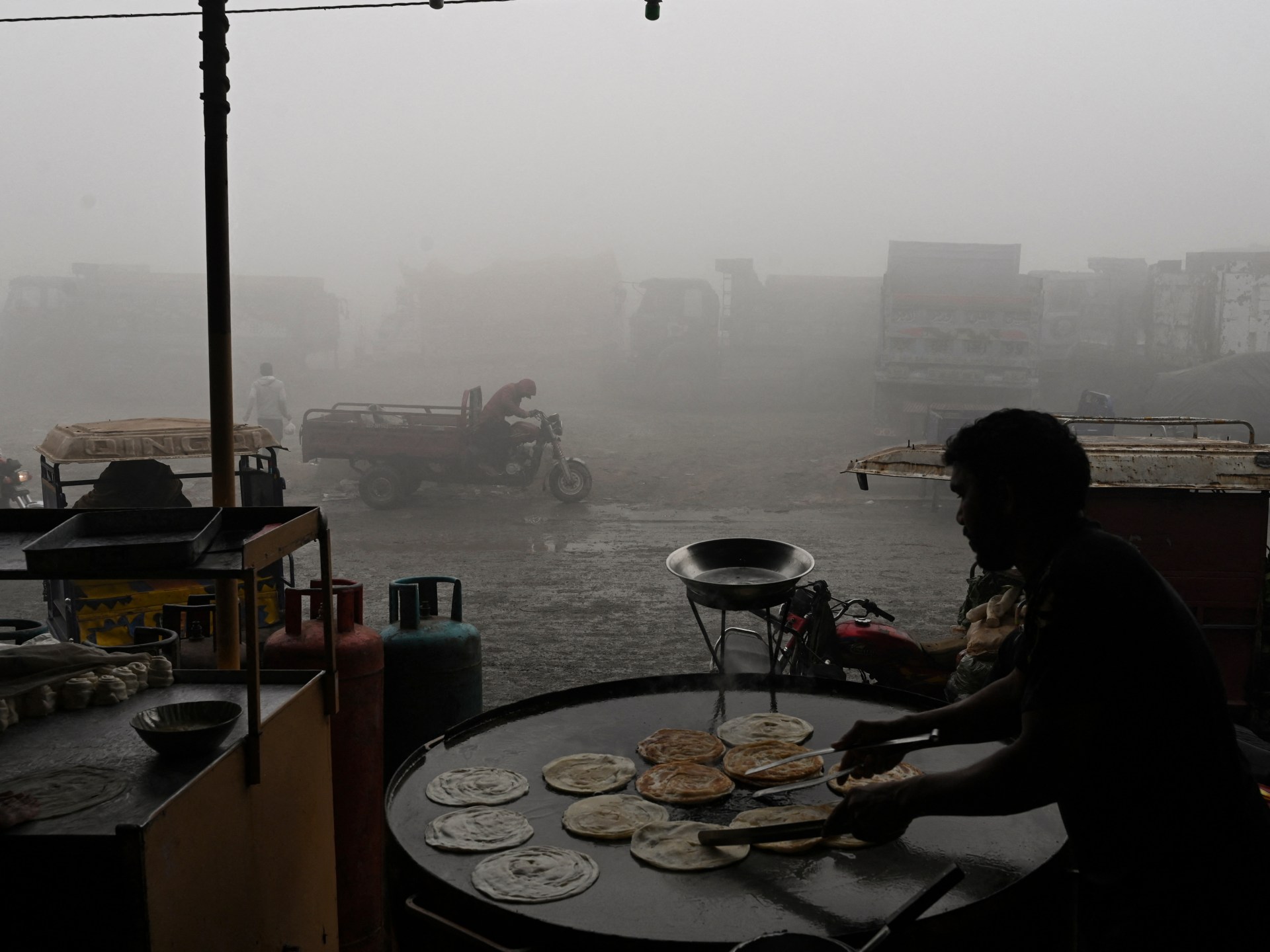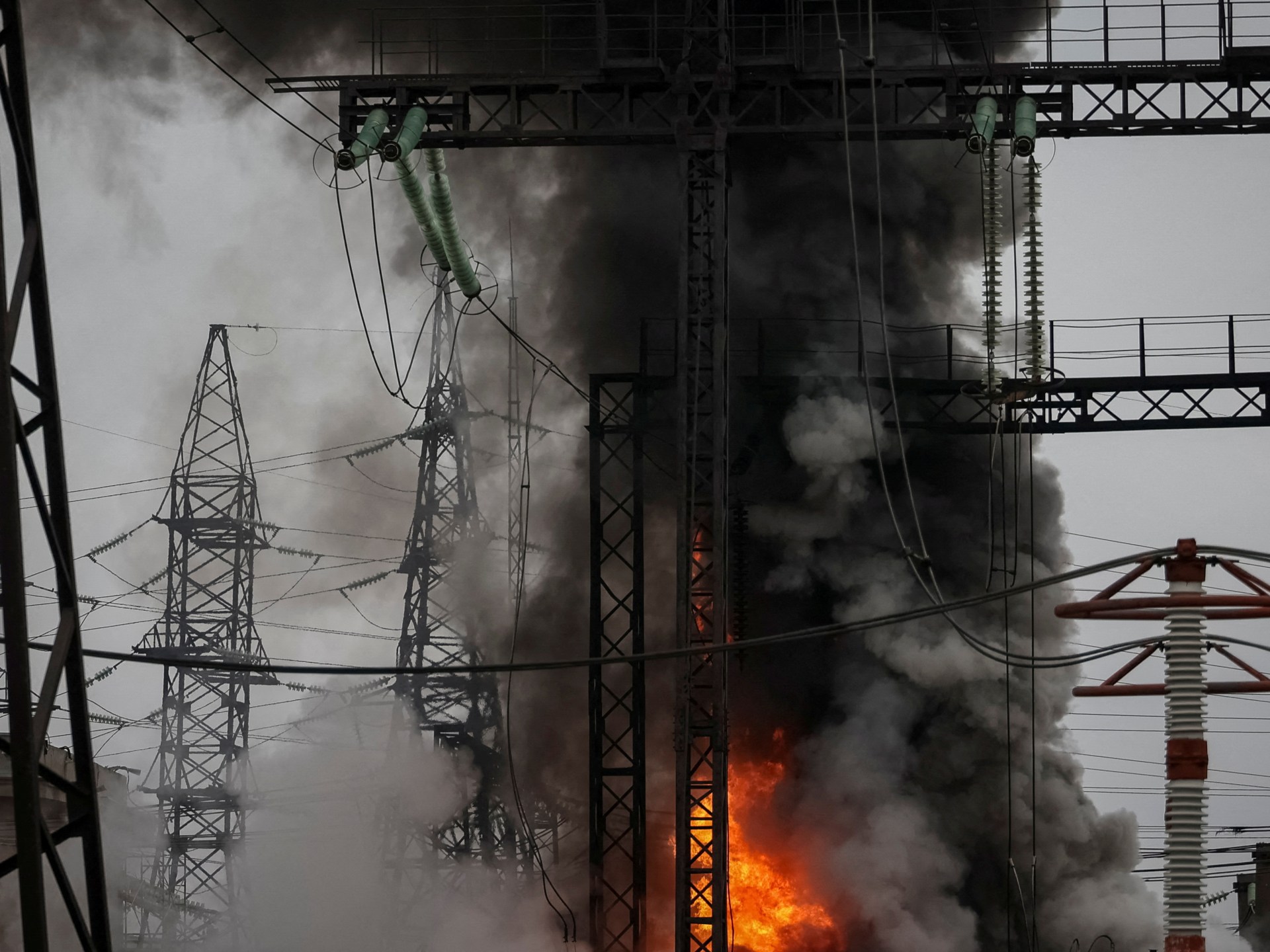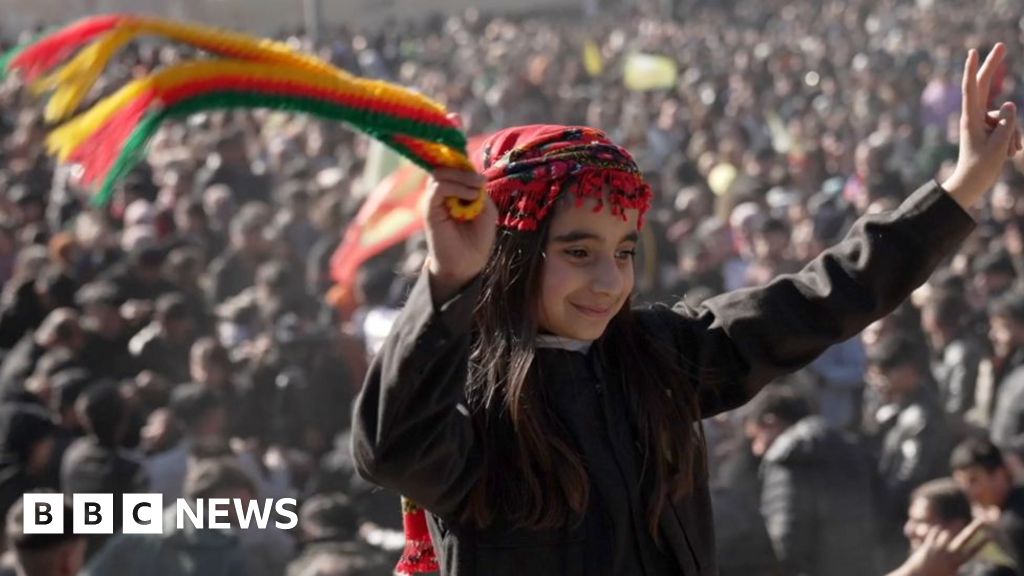When refugees bloom in the desert — Global Issues
“‘I kept running for days, holding my children tightly and fearing we could be caught at any time. I left my family, friends, and home to seek safety in another country. I am still running, but now from the memories that haunt me daily and the blurred future that awaits my children.’
These are the words I hear every time I interview a refugee woman. The reasons for seeking asylum vary, but refugees’ stories are different, as their paths to safety are steep. However, they have all been suffering and sharing the same small amount of hope.
Although I have been working with UNHCR to promote the refugee cause for four years now, I still wonder how the world can move forward with ease after every humanitarian disaster that leads to the displacement of people from their homes.
When I first joined UNHCR Egypt in 2019, I was shocked by a comment on our social media channels that refugees are not welcome in our society. I was not surprised as much as I felt the urgency of campaigning to humanize refugees, as their representation in the news rarely goes beyond numbers.
Utopia of using media for development
We kicked off our first localized campaign in 2020 with a cooking show that featured celebrities cooking together with refugees and giving them the space to tell their stories and a platform to be heard.
Surprisingly, we got more than 5.5 million organic views on our social media accounts, far beyond what we expected. More important than the view numbers was positive feedback we received from the refugee communities and the public.
I had also engaged the media and food bloggers to try the refugees’ recipes and post about them. Then, we started seeing the public trying the recipes and giving their feedback on our social media account using the campaign’s hashtag.
After this campaign, I believed that for the first time in my work, I had succeeded, giving refugees a chance to shine and show off their culture, talents, and resilience instead of focusing only on their vulnerabilities and needs.
Then the ball started rolling. Since then, I have worked on engaging more than 30 influencers, content creators, and well-known celebrities in the Arab world in innovative campaigns with refugees at their heart and a dignified media representation of them.
Most recently, I worked on an acapella song for International Women’s Day, engaging eight refugee women of four different nationalities with an Egyptian acapella band and the rising Egyptian-American star Yasmina ElAbd. The song was made up from the lyrics of four songs from Syria, Sudan, Yemen, and Egypt.
It is fantastic work, but the daily reality we live in is the war in Ukraine, the earthquake in Syria, the brutal conflict in Sudan, and more.
I have learned that in times of crisis, the focus often shifts away from the human aspect. What is important now is how the hosting countries will be affected, how to meet the direst needs of the displaced populations, and how to get the funds needed to achieve this.
Protection is crucial for displaced people while there are insufficient funds to meet their needs. As media practitioners, we focus on doing all we can to fight against misinformation and disinformation and provide details and real examples to the public to have them get see the reality and help.
Can their stories genuinely make a difference in those intense times? Would engaging in creative expressions such as a beautiful song embodying their cultures offer any aid during emergencies? Unfortunately, the answer is often a no.
Flowers blooming in the desert
I had studied at university how to use a people-centred approach in media campaigns, but was never taught how a camera and a microphone could end armed conflicts, wars, and displacement.
No one explained to me that our hopes for social change are limited to the availability of funds and the desire of people in power, and that our work will be criticized just for not taking one side against another.
One of the most resilient refugees I have met, who finished her Bachelor of Law in Egypt after she sought asylum and now runs her own nursery, said to me ‘mama, at that time, told me there is nothing more beautiful than a flower that blooms in the desert, and if you achieve success once, everything will change’.
Although I know the ongoing emergencies and crises will not cease any time soon, I have learned from refugees that flowers can bloom in the desert. Our role is to document this incredible journey, showcasing how refugees are overcoming the tragedy of displacement. It is the only weapon we can use to defeat stereotypes, xenophobia, and racism, a rewarding endeavour in itself, for now.”
Learn more about how the UN is helping refugees in Egypt here.
Check out our Latest News and Follow us at Facebook
Original Source







